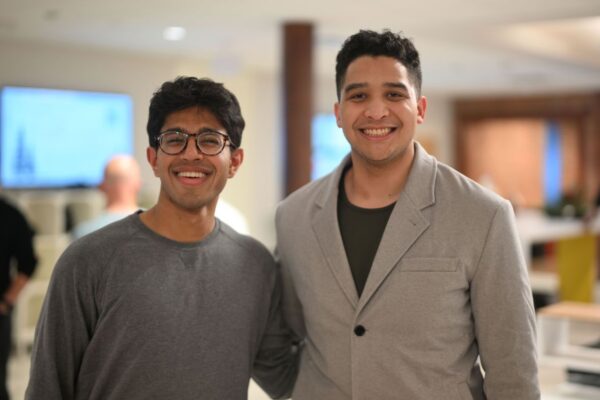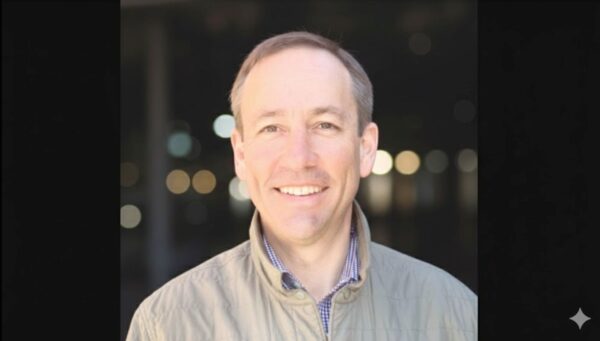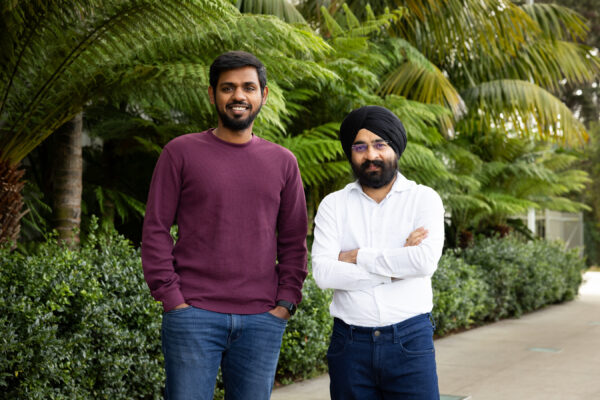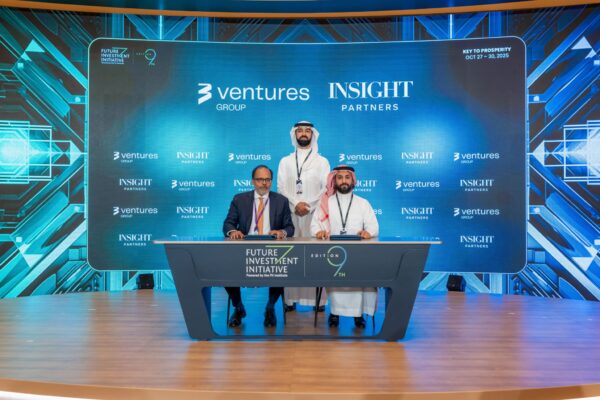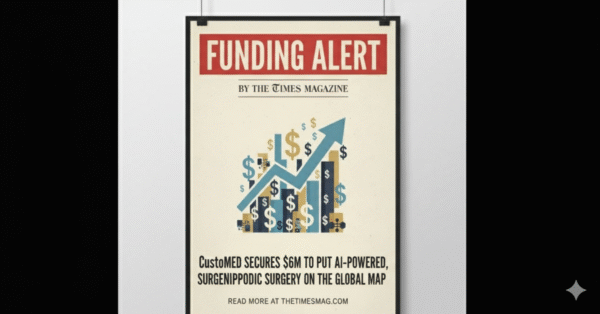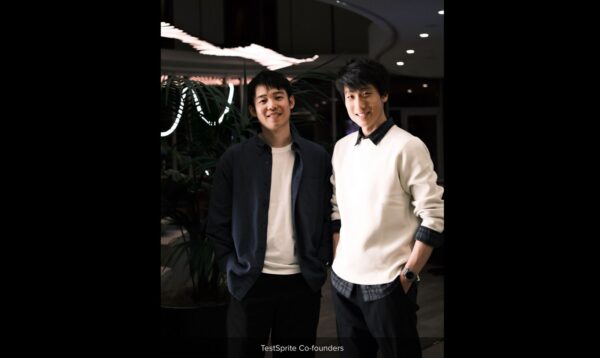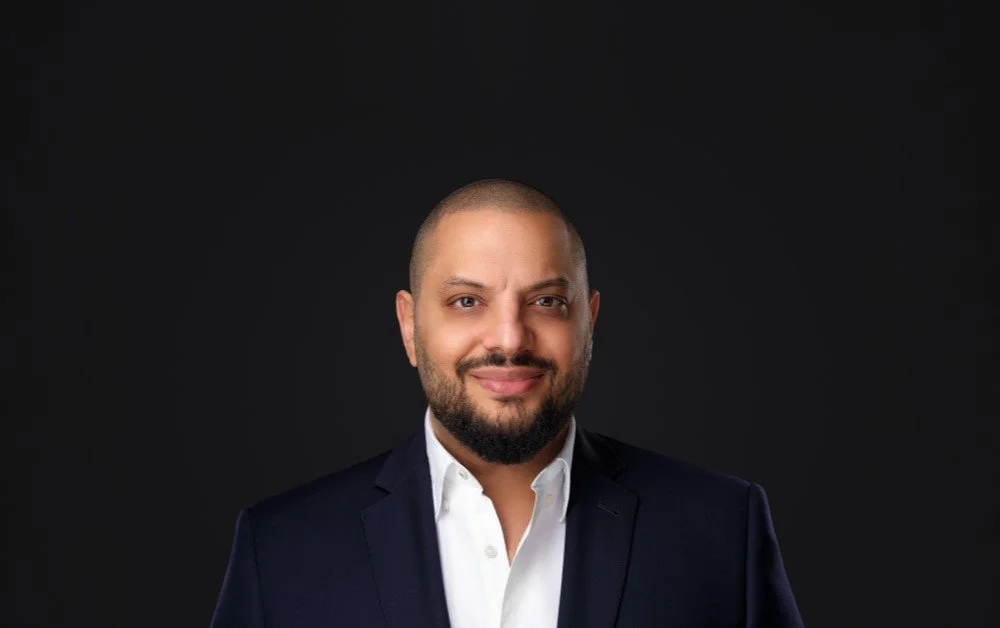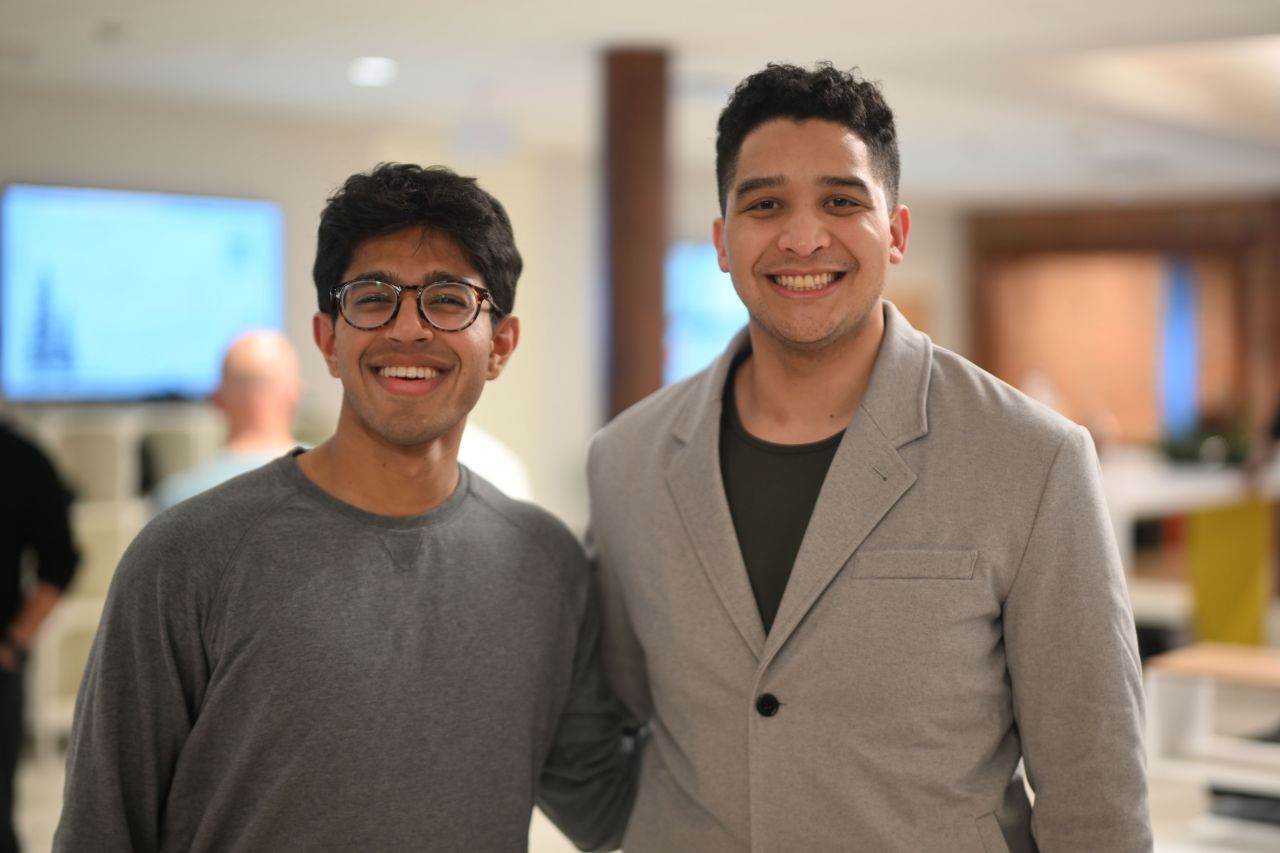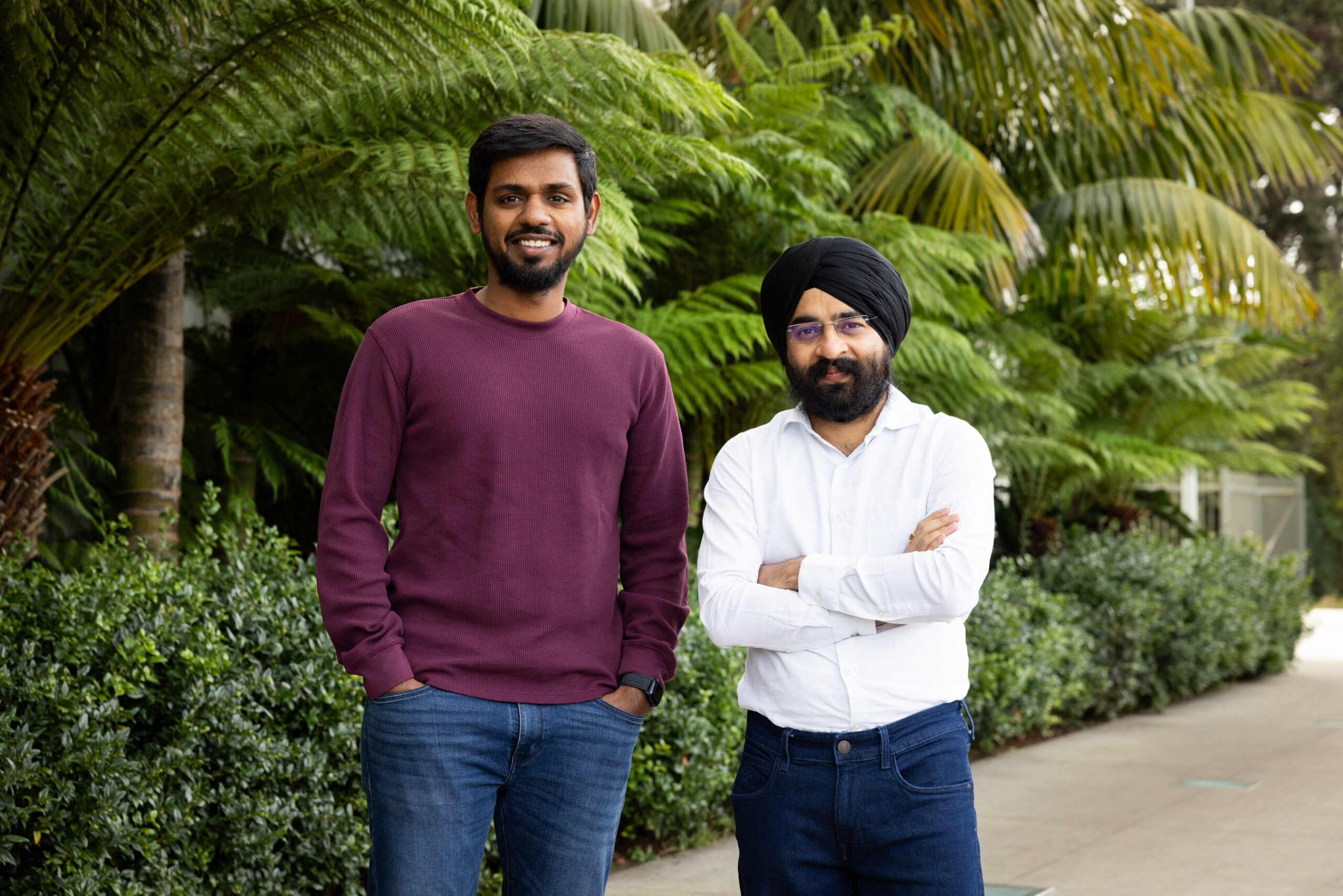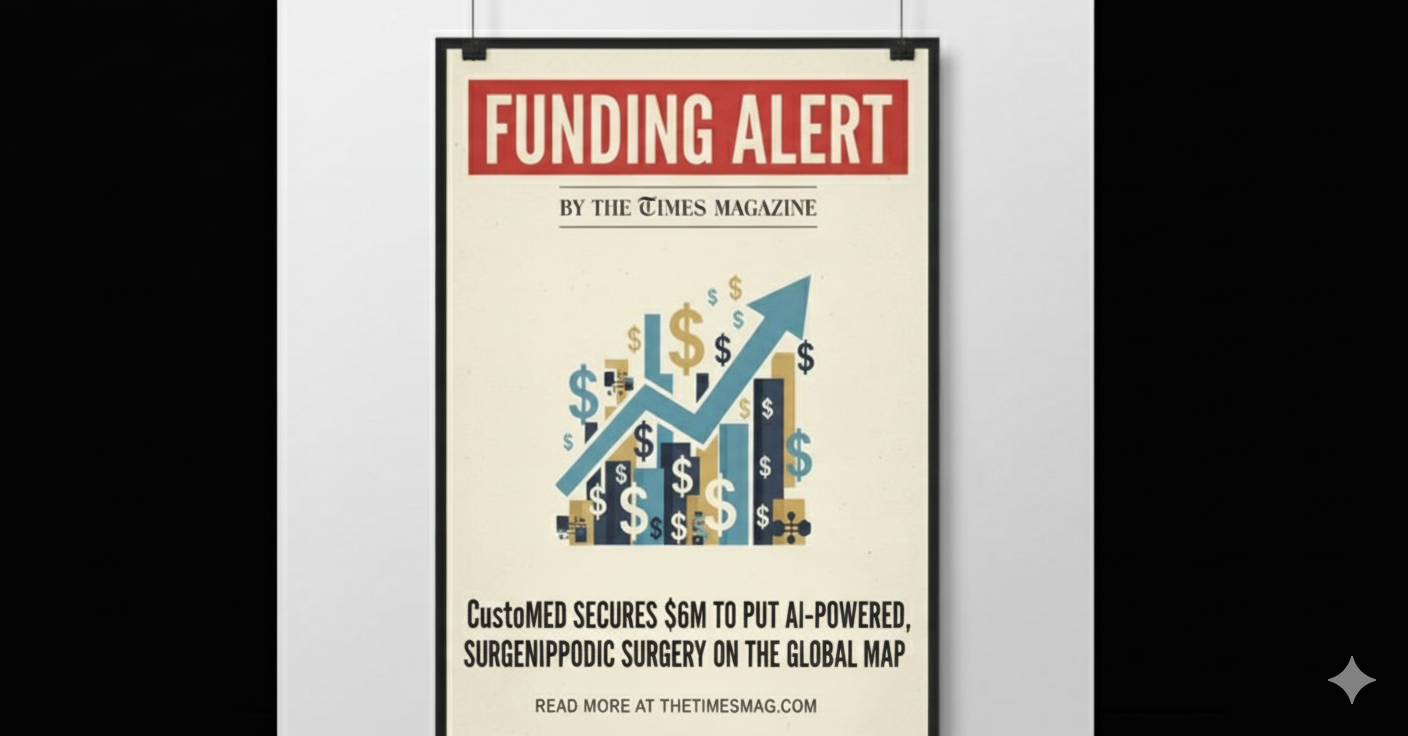Noze, the innovative leader in breath-based diagnostic technology, has secured a transformative $5 million equity investment from the Bill & Melinda Gates Foundation. This groundbreaking funding is notable as it represents the Gates Foundation’s inaugural equity investment in a Canadian enterprise. The new investment, part of an extended funding round, builds on previous grants totaling $6.8 million and aims to expedite the deployment of Noze’s advanced diagnostic solutions in low and middle-income countries.
Noze’s pioneering technology, DiagNoze®, offers a revolutionary approach to disease detection. The device utilizes cutting-edge digital odor perception technology to identify disease biomarkers through breath analysis. “DiagNoze® represents a paradigm shift in diagnostics,” stated Karim Aly, CEO of Noze. “By enabling real-time, non-invasive detection of serious diseases, including tuberculosis and cancer, we are making high-quality diagnostics accessible even in the most remote and underserved areas.”
This investment will enhance Noze’s capacity to address significant health challenges such as tuberculosis, which remains a leading cause of death despite being preventable and treatable. The Gates Foundation’s support highlights the urgent need for affordable and efficient diagnostic tools to combat global health disparities.
Editorial Opinion: Noze’s innovative approach to diagnostics through breath analysis is poised to make a substantial impact on global health, especially in regions with limited access to traditional healthcare infrastructure. The backing from the Bill & Melinda Gates Foundation not only underscores the potential of Noze’s technology but also aligns with a broader trend of leveraging advanced technology to bridge healthcare gaps. By integrating state-of-the-art technology into everyday diagnostic practices, Noze is setting a new standard for accessibility and efficiency in global health management. This strategic investment will likely accelerate the adoption of their technology, significantly improving early disease detection and treatment outcomes worldwide.
If you need further assistance or have any corrections, please reach out to editor@thetimesmag.com.

